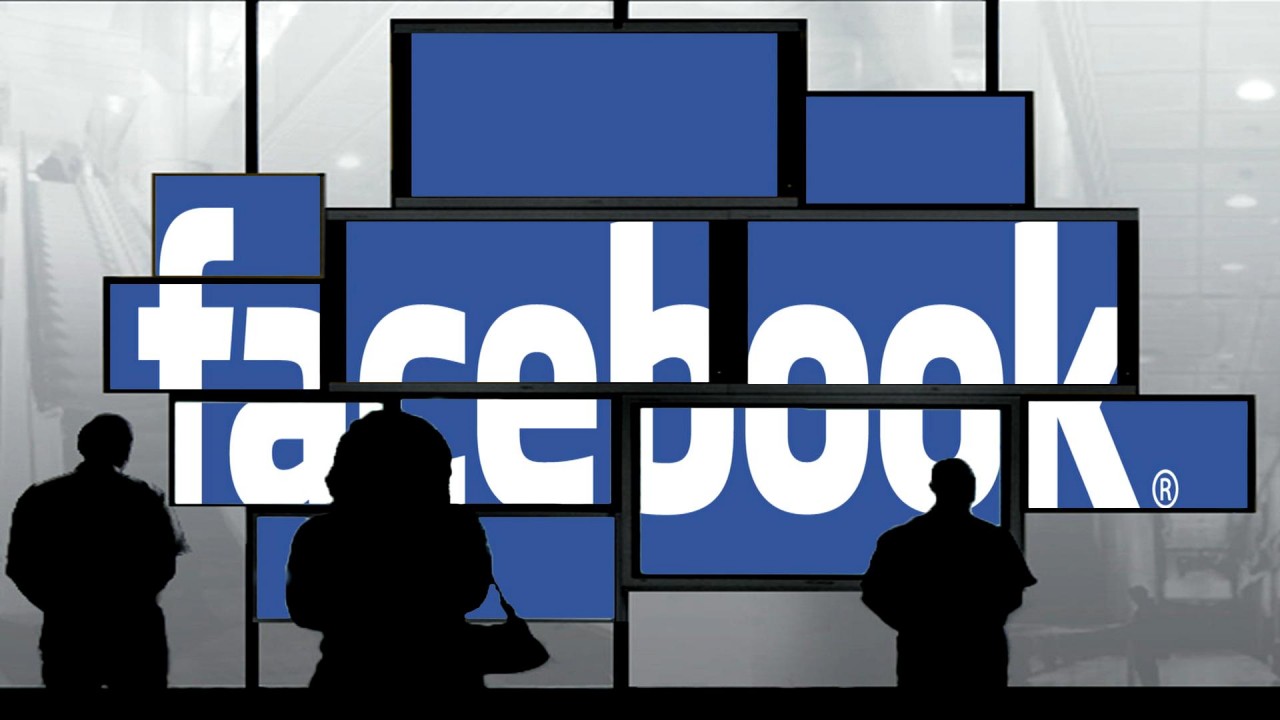
Facebook’s recent purchase of Oculus VR will change the world*. This astute acquisition gives Facebook front row seats to the future of the Information Age we’ve been stumbling through since the Gutenberg Bible rolled hot off the press back in the 1450’s. Their decision to acquire the acknowledged leader in virtual reality technology is analogous to Guttenberg inventing the printing press in terms of the potential impact it will have upon our species intellectual evolution.
The printing press was revolutionary at that particular moment in mankind’s history because it kicked off the Information Age and began the levelling of the intellectual playfield between the unwashed masses and the people who so severely governed them. Having access to information, to new ideas and ways of thinking, began the slow liberation process that has led to the information rich and choice rich age in which we now live.
But in a world where Petabytes of information is generated across the planet every day, the future of the Information Age rests squarely in the hands of those technology players who help us make the most of this mental melee. Managing all this data – enabling us to engage with only the most relevant data – has to be our next step forward lest we all end up burning out like Johnny Mnemonic.
From a consumer’s perspective, the Oculus Rift headset is the bold step forward we need in helping us make the most of all the information floating around us. Which is exactly why wearable tech is exploding as tech vendors’ work out how to amplify our lives in countless small ways. It’s also why the impending roll-out of Google Glass will further drive demand for wearable tech by amplifying our real-world lives with augmented data. VR has the potential to be all this, and more.
Facebook VR has the potential to give the planet real-time and extended access to the Noosphere that surrounds us. The Noosphere, a term coined by Vladimir Vernadsky, refers to the shared intellectual sphere of human thought that we all operate within and dip in and out of in our day to day lives. It’s the pool of collective wisdom we tap into where we achieve intellectual osmosis via schools and universities, books, movies, music and everyday conversations.
The problem with tapping into this pool is that we have finite time and resources at our disposal, so we have to be selective about how we allocate this time and resource. But remove some of this limitation and suddenly the range of opportunities available to us expands dramatically. Bringing the relevant data to the consumer, in a meaningful and accessible way, from all corners of the globe, both changes the way in which we can live our lives as well as expands our potentiality.
VR is more than a mere novel technology; it’s a new communication platform. It offers a potentially unprecedented form of human connectivity that spans time and space. Attend an MIT lecture on the train to work. Consult ‘face to face’ with your doctor or lawyer as you sit on your couch. Those constrained by their own bodies, the infirmed, the bed ridden, the broken bodied, can finally experience Africa’s savannahs and watch great sheets of ice collapse in the Arctic circle.
The only real issue is how soon this revolutionary shift will happen…
Yes, VR will take a while to get there, principally because there’s still some stigma attached to it. Early VR was admittedly ahead of its time, but it was clunky and limited in capability. Consider Second Life and Nintendo’s Virtual Boy. The former attracted a community of over a million, yet never went mainstream. The later flopped faster than the sequel to Snakes on a Plane.
This is the principle hurdle for Oculus. Facebook needs to prove to you and me that VR is more than a niche product, which nicely ties into their stated mission to make the world more open and connected. Mr Zuckerberg believes Oculus is a key step forward in achieving this mission.
“One day, we believe this kind of immersive, augmented reality will become a part of daily life for billions of people,” he wrote. His newly acquired leadership team at Oculus agree. They believe that over the next 10 years, VR will become ubiquitous, affordable, and transformative.
The other particular stigmata Mr ‘buck-a-year salary club’ Zuckerberg has to overcome is convincing us that VR isn’t solely the dominion of sweaty bearded dudes who stay up all hours duking it out online playing Call of Duty Ghost Protocol with 14yr olds in Korea. Yes, VR will absolutely deliver unparalleled immersive gaming experiences, but it will also evolve into a powerful new communication platform. It will, because Zuckerberg has already made his plans in this area clear.
He’s openly stated that Facebook is going to make Oculus a platform for many other experiences. Remote, online learning is one potential area that’s already exploding. Imagine moving from studying online with pre-recorded long-form content and flat email correspondence to experiencing interactive live-streamed classes from anywhere in the world. With Facebook’s resources they can make this happen.
Facebook can make VR an everyday reality. Their deep pockets means they can hire the best nerds in the business to improve their new toy to the point it’s relevant to those of us who want to experience more of our world. Sure, it may not give us the Tom Cruise Minority Report experience that we’ve long been waiting for, but if it helps more people learn, connect and experience more of this third rock from the sun, then that’s even better in my books.
*terms & conditions may apply